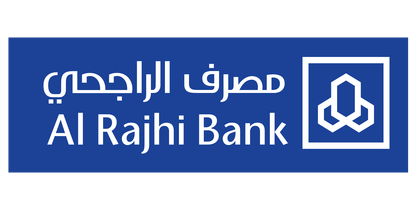رحلة المستثمر
خطوات التسجيل والمستندات المطلوبة
خدمات متكاملة
بصمة رقمية في كل خدمة
حلول أعمال متكاملة مصممة لدعم المستثمرين ورواد الأعمال والشركات الداخلة إلى السوق السعودي.
التدقيق الخارجي
تدعم خدمات التدقيق الخارجي في المملكة العربية السعودية الشركات في الحفاظ على تقارير مالية دقيقة،…
التدقيق الداخلي
يعتبر التدقيق الداخلي (Internal Audit) من العناصر الأساسية لتعزيز الحوكمة وتحسين الشفافية في…
الزكاة
توفر متعدد خدمات متكاملة لإدارة الزكاة للشركات المملوكة لمسلمين في المملكة العربية السعودية، مع…
تدقيق المخزون / الجرد
تعتبر سجلات المخزون الدقيقة ضرورة حيوية في بيئة الأعمال السعودية المعقدة. تقدم خدمات تدقيق المخزون…
خدمات إدارة الرواتب في المملكة العربية السعودية
تعتبر إدارة الرواتب في المملكة مهمة معقدة تتطلب دقة وامتثالًا للأنظمة. تقدم شركة متعدد خدمة متكاملة…
خدمات إلغاء التسجيل في ضريبة القيمة المضافة في المملكة العربية السعودية
نقدم خدمات إلغاء التسجيل في ضريبة القيمة المضافة في المملكة العربية السعودية لضمان إغلاق حسابك بشكل…
آخر الأخبار
حلول أعمال شاملة لدعم المستثمرين ورواد الأعمال والشركات في دخول السوق السعودي.

مشروع "منصة متعدد الرقمية" وإطلاقها في 2026
2025-12-31

انضمام شركة "متعدد المحدودة" لمنصة "ميزا" (MISA)
2025-12-31

شراكة "متعدد المحدودة" وشركة "سلو شان المحدودة" في قطاع التعدين
2025-12-31

"متعدد المحدودة" تعزز مكانتها الاستثمارية بانضمامها الرسمي لمنصة "ميزا" التابعة لوزارة الاستثمار السعودية
2025-12-29
رؤى ومقالات
إرشادات خبراء ورؤى حديثة تساعدك على فهم بيئة الأعمال في المملكة العربية السعودية.





















